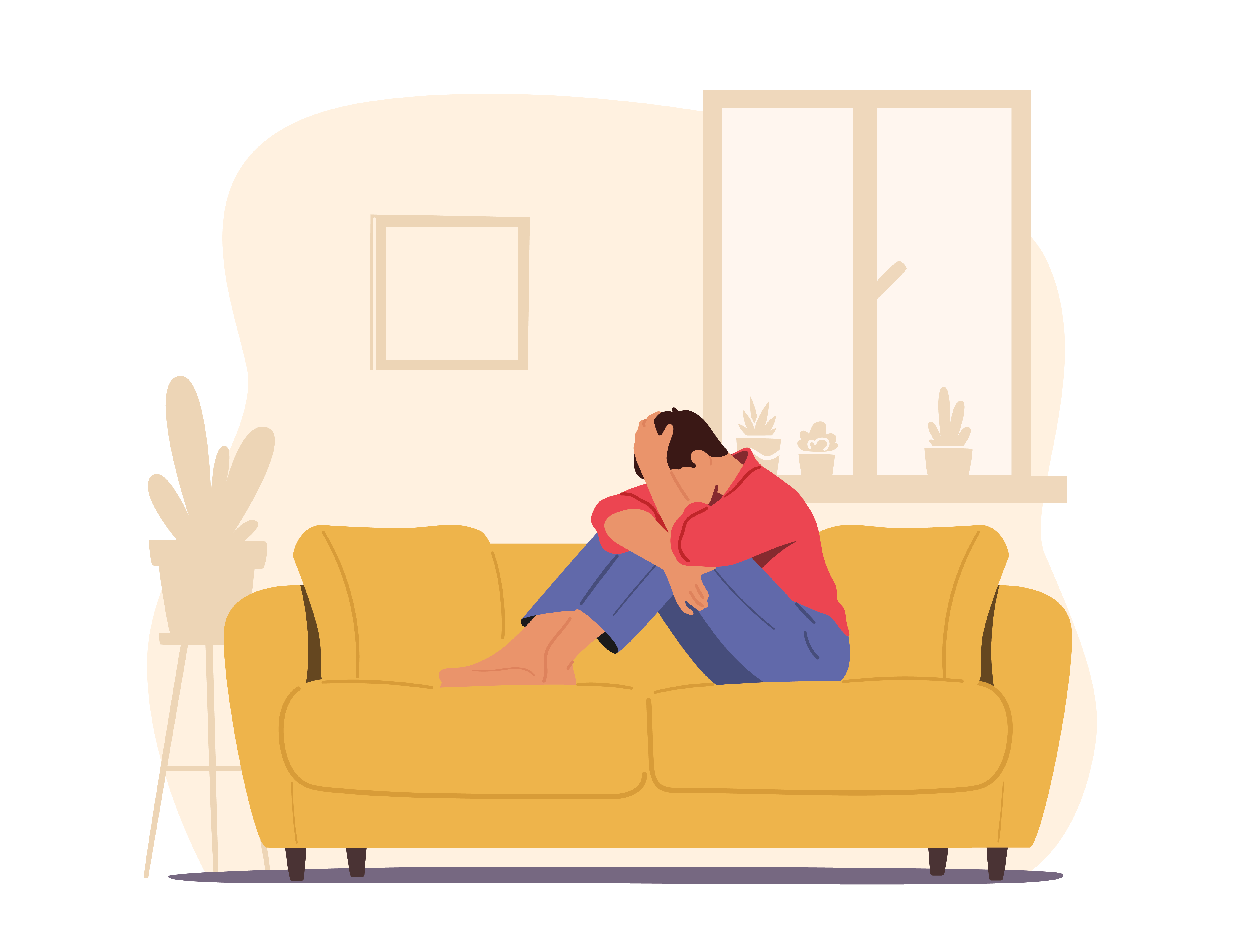Written by: Lakshmi Mahadevan, Ph.D., Associate Professor/Extension Mental Health & Well-Being Specialist, Texas A&M AgriLife Extension Service
Mental health stigma, as described by Kalichman (2019), encompasses the shame, societal disapproval, or social discrediting experienced by individuals dealing with mental health issues. Within the realm of mental healthcare, two prominent dimensions of concern are professional stigma and institutional stigma. Professional stigma manifests when healthcare providers harbor negative attitudes and beliefs regarding individuals with mental illnesses, leading to a potential detriment in the quality of care they provide. On the other hand, institutional stigma pertains to an organization’s policies and the presence of negative attitudes and beliefs within it, directed toward those with mental health problems.
Have you encountered professional stigma in your healthcare experiences?
- Do your healthcare providers inquire about your emotional well-being during check-in?
- Are you able to discuss non-physical symptoms during your annual check-up?
- Do your healthcare providers follow up with questions about your psychiatric medications or the techniques you employ to manage your mental health effectively?
- While hospitalized, are you presented with counseling options as part of your recovery plan, either during your stay or after discharge?
- Have you observed subtle biases in the reception of your discussions about mental health, such as interruptions, unrelated inquiries, eye-rolling, sighs, dismissive body language, deflection, or explicit statements like “this is beyond our scope” or “it doesn’t fall under our purview?”
Have you encountered institutional stigma within your organization?
- Does your workplace’s HR department provide a safe space for discussing mental health concerns?
- Are there available resources for seeking guidance on achieving a healthier work-life balance, flexible scheduling, taking mental health days, or remote work options?
- Does your workplace offer wellness training programs that focus on stress management, trauma support, suicide prevention, or enhancing resilience?
- Have you noticed subtle biases in the reception of your discussions about mental health, such as interruptions, unrelated inquiries, eye-rolling, dismissive body language, deflection, or explicit statements like “just tough it out and carry on with your duties,” or an implied threat of termination if the issue persists?
Adopt a Proactive Self-Advocacy Approach
Reinforced by public policy, legal frameworks, and professional conventions, these stigmas have become deeply ingrained in our society (Livingston, 2013). Therefore, if you answered affirmatively to any of the questions above, it’s probable that you’ve encountered such stigmas. In light of this, we encourage you to consider adopting a proactive self-advocacy approach:
- Know Your Rights and Resources: Start by familiarizing yourself with your legal rights and protections related to mental health. Learn about the relevant laws, such as the Americans with Disabilities Act (ADA), which safeguards against discrimination based on mental health conditions. Also, understand the scope of your healthcare coverage, including mental health benefits.
- Develop Self-Awareness: Develop a deep understanding of your mental health and any conditions you may be dealing with. Reflect on your unique needs, potential triggers, and the strategies that work best for maintaining your mental well-being.
- Document Your Needs: Maintain a comprehensive record of your mental health journey, encompassing your goals, progress, and the support you receive. This documentation can be invaluable for monitoring your well-being and advocating for your specific requirements.
- Self-Advocate with Employers: Engage in open communication with your supervisors or administrators to articulate your mental health needs. Be well-versed in the relevant workplace policies and procedures for requesting accommodations.
- Understand Micro-Inequities: Familiarize yourself with the concept of micro-inequities, sometimes referred to as microaggressions, which are subtle, often unconscious expressions of bias or discrimination. These messages can convey derogatory or dismissive attitudes toward individuals. Learn about these dynamics and assess whether you are experiencing them. If micro-inequities persist, leading to delayed or reduced care quality, be prepared to explore alternative sources of mental health support.
References
Kalichman S., (2019). Stigma and prejudice teaching tip sheet. In: American Psychological Association. https://www.apa.org/pi/aids/resources/education/stigma-prejudice
Livingston, J.D, (2013). Mental Illness-Related Structural Stigma. In: Mental Health Commission: Canada.
*Image Source: iStockphoto/nicoletaionescu













